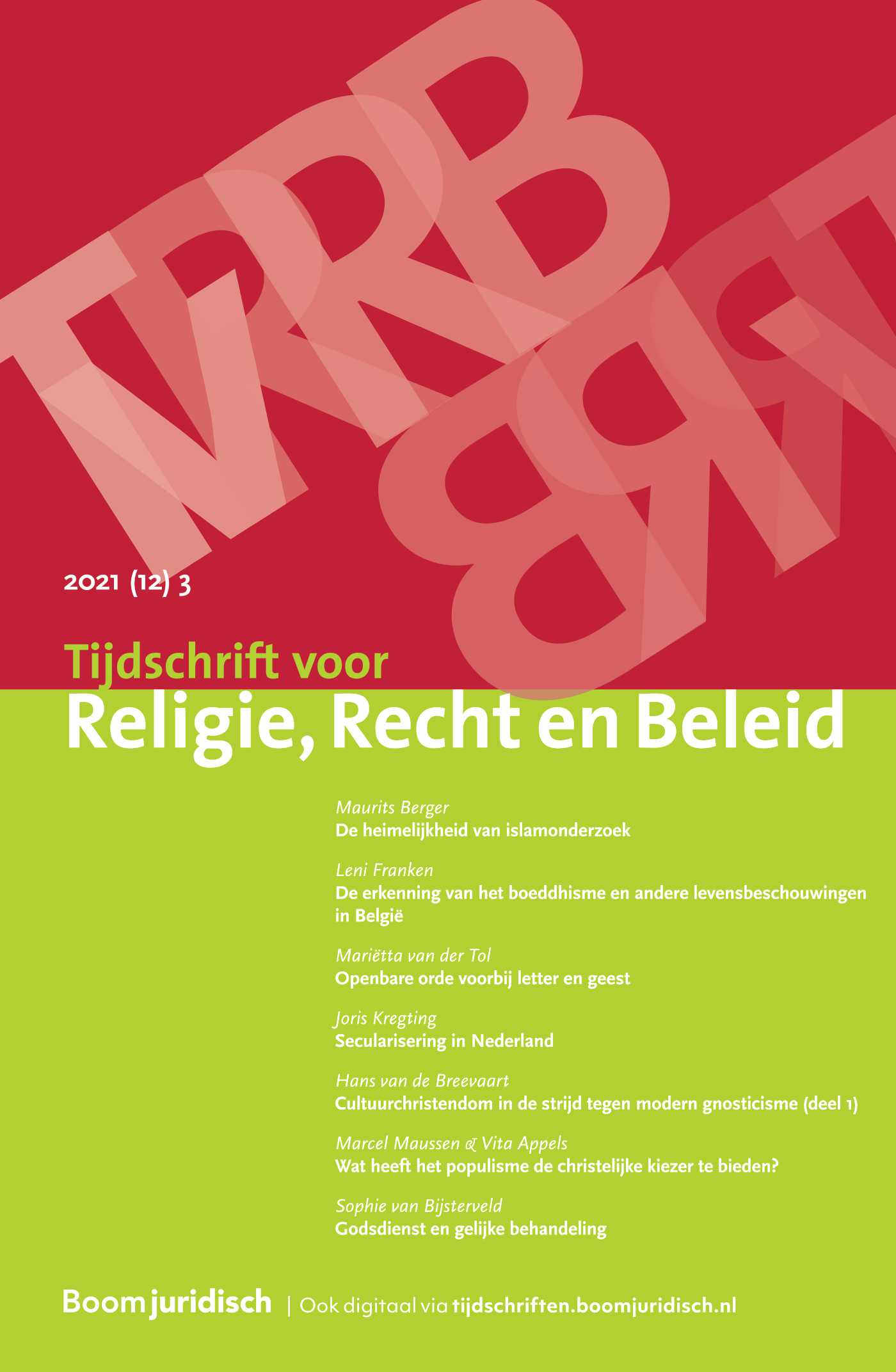|
In this article, the question is raised which constitutional answer to immigration is most sustainable with a view to future multicultural societies. I focus on the constitutional answers to immigration in France, Italy and Canada. In France, in 2010, legislation was adopted prohibiting the wearing of face-covering clothing in public. With this ban, the French intended to enhance the equal participation of citizens in society and to protect the equality of the sexes. In Italy, a heated debate took place about the display of crucifixes in (public) schools, which resulted in a restoration of the predominance of the Catholic religion. Across the ocean, in the Canadian province of Québec, the National Assembly of Québec has been discussing a ‘Charter’, whose prevailing idea is to enhance the neutrality of the state, among others by prohibiting religious clothing in public institutions. The question is which of these approaches is best defensible to regulate a society, which will undoubtedly become even more diverse in the near future. |


Tijdschrift voor Religie, Recht en Beleid
Meer op het gebied van Algemeen
Over dit tijdschriftMeld u zich hier aan voor de attendering op dit tijdschrift zodat u direct een mail ontvangt als er een nieuw digitaal nummer is verschenen en u de artikelen online kunt lezen.
| Redactioneel |
|
| Auteurs | Dr. Khadija Kadrouch-Outmany |
| Auteursinformatie |
| Artikel |
|
| Trefwoorden | religieuze diversiteit, religieuze symbolen, secularisme, boerkaverbod, ‘reasonable accommodation’ |
| Auteurs | Dr. Carla Zoethout |
| SamenvattingAuteursinformatie |
| Artikel |
|
| Trefwoorden | imam, imamopleiding, ‘nationaal model’, Integratie |
| Auteurs | Dr. Welmoet Boender |
| SamenvattingAuteursinformatie |
|
In 2005 and 2006 three state-funded Islam- and imam training programs started at Amsterdam Free University, Leiden University and Hogeschool Inholland, after more than two decades of political and public debate. These confessional programs were to educate a Dutch ‘polder imam’. Recently however, the closure of two programs was announced. |
| Diversen |
|
| Auteurs | Maurits Berger |
| Artikel |
|
| Auteurs | Ben Koolen |
| Auteursinformatie |
| Artikel |
|
| Trefwoorden | rooms-katholieke kerk, bestuursstructuur, vereniging/netwerk, digitalisering, universele kerk – bisdom – parochie |
| Auteurs | Prof. dr. Henk Witte |
| SamenvattingAuteursinformatie |
|
The Roman Catholic Church experiences a transition from the highly centralized Church formation of Ultramontane Mass Catholicism into a more decentralized and pluralistic Choice Catholicism. With respect to governance, this transition concerns the increasing importance of the diocesan intermediate level in the Church on the one hand, and a transition from a union-oriented organization model into a network-oriented model on the other. The network model is catalyzed by the digitalization of daily life and its polycentrism. This contribution discusses these developments in a systematic way with the help of sociological and theological insights. By way of conclusion it summarizes some challenges from a policy and governmental point of view. They concern the ecclesial leadership style, membership and participation, catholicity, online community building, and self-presentation in the social media. |
| Jurisprudentie |
|
| Auteurs | Prof. dr. Sophie van Bijsterveld |
| SamenvattingAuteursinformatie |
|
In its ruling of June 12, 2014, the European Court on Human Rights (Grand Chamber) concluded that no violation of the right to private life and family life under the European Convention of Human Rights had taken place in the case of the non-renewal of an employment contract of a Roman Catholic teacher of religion and ethics. The reason for this non-renewal was the withdrawal of the required ecclesiastical approval of the teacher. According to the European Court, church autonomy prevailed in this case over the right to private life and family life of the teacher, a married priest with five children and an active member of an organization promoting voluntary celibacy. This contribution analyses and discusses the ruling of the ECHR, also in the light of the main dissenting opinion. It supports the Court’s conclusion, but criticizes some of its reasoning. It also states that regardless of the extent of church autonomy, a clear and correct procedural approach to employment issues also does honour ecclesiastical authorities. |

 Aflevering 3
Aflevering 3